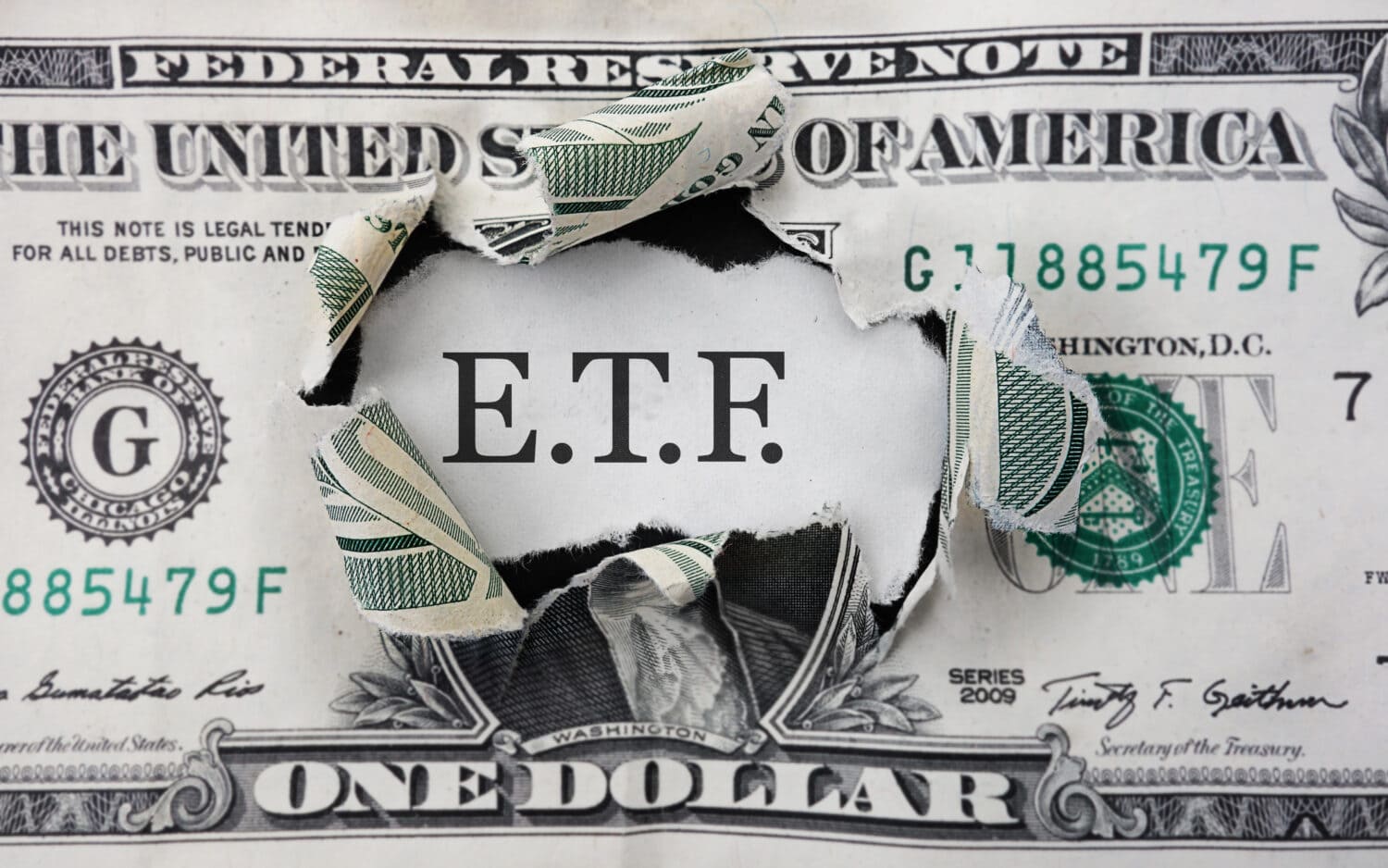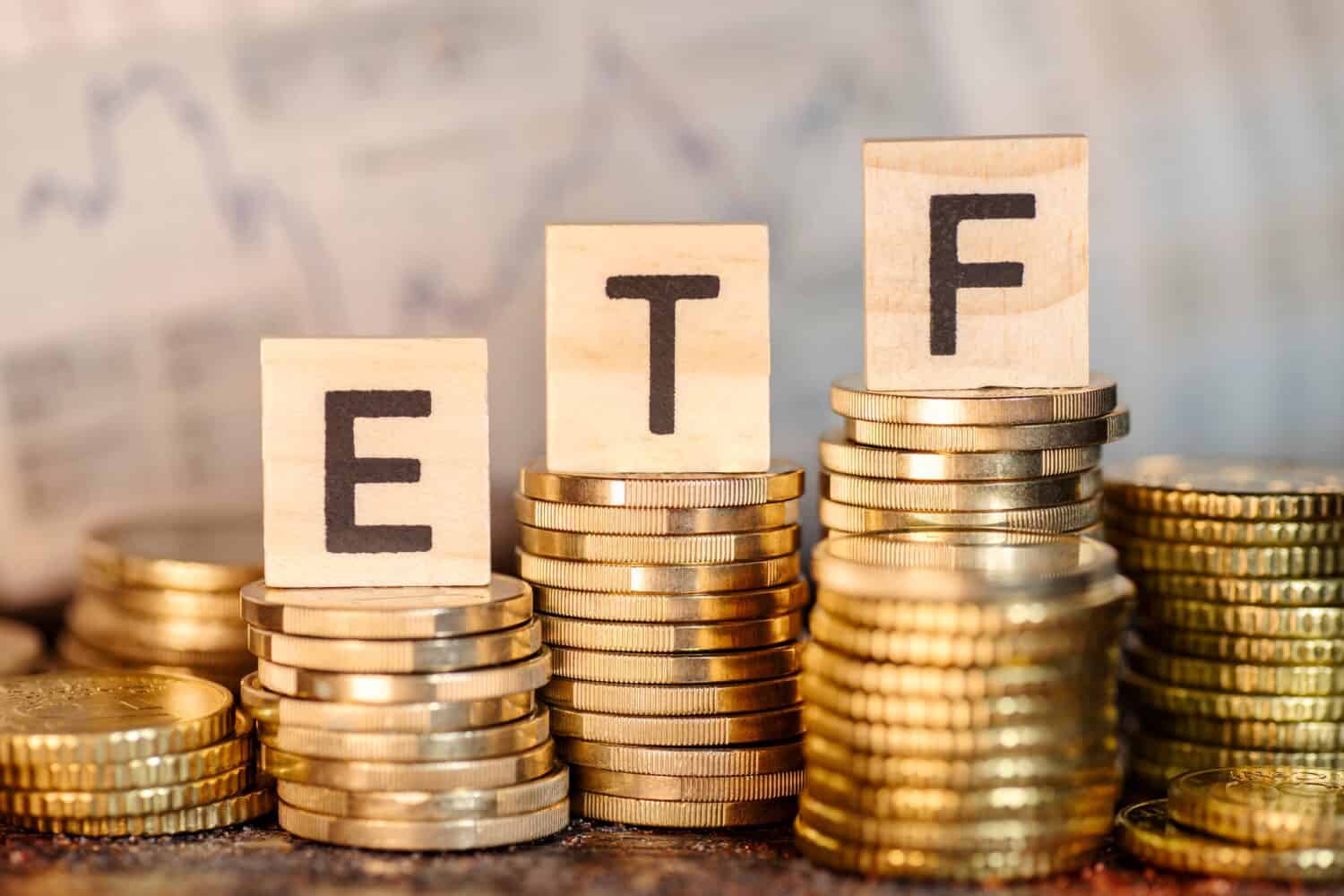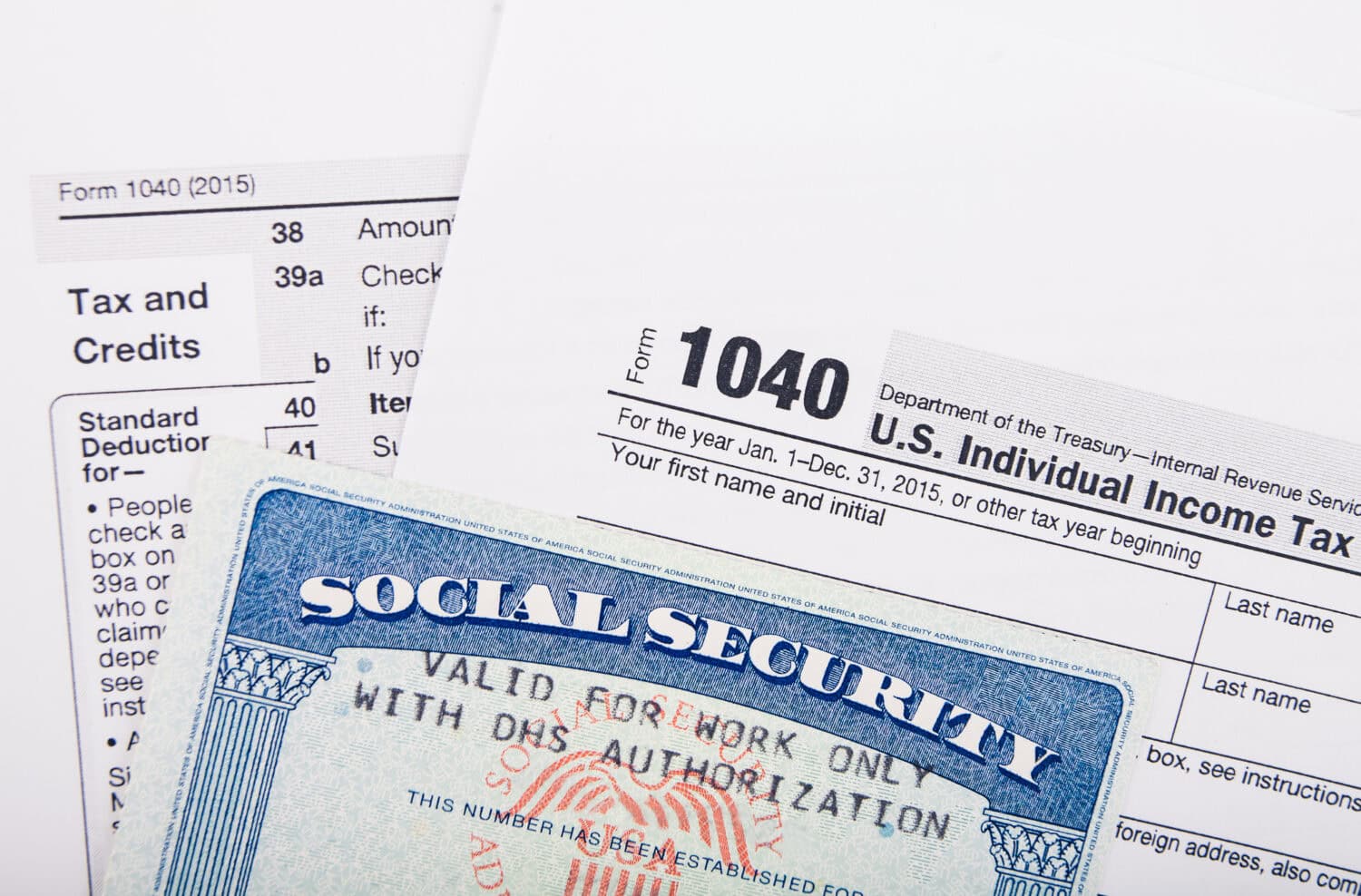

Leveraged ETFs have become increasingly popular with investors looking to magnify their returns fast. These ETFs offer the potential for very big gains, but they also come with very big risks. Just like they can move up quickly, they can also move down quickly.
Choosing the right leveraged ETF can be a complicated decision. Two very similar leveraged ETFs are ProShares UltraPro Short QQQ (NASDAQ: SQQQ) and the ProShares UltraPro QQQ (NASDAQ: TQQQ).
Both TQQQ and SQQQ track the Nasdaq-100 index but in opposite directions. SQQQ moves in the opposite direction of the index, while TQQQ moves in the same direction.
We recommend SQQQ and TQQQ for short-term, directional traders with a high-risk tolerance who understand the nuances of daily rebalancing and the potential for underperformance in sideways markets.
We’ll examine these ETFs below, helping you decide whether SQQQ or TQQQ aligns with your investment goals and risk tolerance.
What is SQQQ?

SQQQ is an investment vehicle designed for short-term trading and geared towards profiting from a decline in the Nasdaq-100 index.
It’s designed so that daily investment results are around -3 times the inverse of the daily performance of the Nasdaq-100. In other words, when the Nasdaq-100 goes down, SQQQ goes upwards three times as much. Conversely, if the Nasdaq-100 goes up, SQQQ would go downwards three times as much.
It does the opposite of the Nasdaq-100 three times as much. For instance, if the Nasdaq-100 goes down by 1% in a day, SQQQ aims to deliver a return of approximately +3%.
SQQQ utilizes financial instruments like swaps and futures contracts to achieve its inverse leveraged performance. It’s a pretty complex process that we won’t go into detail about here. If you’re interested, we do have a more in-depth article on how SQQQ works.
Due to the daily rebalancing inherent in leveraged ETFs, SQQQ is not ideal for long-term investing. The compounding effect of daily rebalancing can erode returns over extended periods. It’s only for short-term trading.
What is TQQQ?

TQQQ is very similar to SQQQ, but there is one massive difference. It goes up as the Nasdaq-100 goes up. If everything worked as intended, the graphs of TQQQ and SQQQ should be the opposite.
TQQQ is leveraged to three times the performance of the Nasdaq-100 index. That means if the Nasdaq-100 increases by 2% daily, TQQQ’s aim would be a return of approximately 6%. However, if the Nasdaq-100 goes down, TQQQ’s losses would be amplified, too.
Like SQQQ, TQQQ achieves its leveraged position through swaps and futures contracts. It’s a complicated instrument that usually works as intended, but this isn’t guaranteed.
Like SQQQ, TQQQ is designed for short-term trading due to daily rebalancing. Holding TQQQ for extended periods might not deliver the expected 3x returns because of the compounding effects of daily rebalancing.
SQQQ vs. TQQQ: Which Fund Is Right for You?

Fees
SQQQ and TQQQ are opposites in terms of how they track the Nasdaq-100. SQQQ does the opposite, while TQQQ moves in the same direction (just amplified). However, there are other factors to keep in mind, too.
SQQQ and TQQQ have an expense ratio of 0.95%. This fee covers the cost of running both ETFs. This fee comes from what you make and will eat into your returns over time. Luckily, because both of these ETFs are designed for short-term trading, these expenses won’t have as much of an impact as in other ETFs.
Risk
Both of these ETFs carry massive risk. By nature, Leveraged ETFs amplify the underlying index’s daily movements. Both of these ETFs are leveraged to 3, which means they both move three times as much.
They do move in opposite directions, as we’ve discussed. SQQQ does the opposite of the Nasdaq-100, while TQQQ moves in the same direction.
The biggest risk associated with SQQQ and TQQQ is their leveraged structure. While they offer the potential for magnified gains, they also magnify losses. While you can win big with these ETFs, you can also lose big. They’re three times as risky as non-leveraged ETFs.
Another thing to keep in mind is volatility decay. Due to the daily rebalancing process, leveraged ETFs can underperform their underlying index over long periods, especially in sideways markets. In other words, you can make less with them if you hold them for an extended period. They’re really only for short-term trading.
Historical Performance
In the past, both SQQQ and TQQQ have done what they were designed to do. They amplify the returns (or losses) of the Nasdaq-100. They can deliver significant returns in periods of strong trending markets.
However, leveraged ETFs tend to underperform in the long term. We don’t recommend holding either of these ETFs for very long, as you won’t recognize the returns you’re hoping for.
Top Holdings
SQQQ and TQQQ offer leveraged exposure to the Nasdaq-100. However, they don’t directly hold any of the underlying stocks themselves. In this way, they’re different from other ETFs.
Instead, they achieve their leveraged performance through swaps and futures contracts. When you invest in these ETFs, you are not purchasing a portion of the companies in the Nasdaq-100.
Therefore, the specific companies within SQQQ and TQQQ are less relevant than the overall leverage they provide. Your decision should be focused on the Nasdaq-100 and your risk tolerance, not the holdings of each ETF.
Tax Implications of Leveraged ETFs

Leveraged ETFs introduce a layer of complexity when it comes to taxes. Due to their structure and the frequency at which you’ll be trading with them, they carry different tax implications compared to traditional ETFs.
Each ETF is rebalanced daily. Even if you don’t sell the ETF, this can generate capital gains within the fund, which will be distributed to shareholders. These gains can be taxed as short-term capital gains, typically taxed at a higher rate than long-term capital gains.
These tax implications can affect how many taxes you owe and even your tax bracket.
Should You Buy SQQQ or TQQQ?

At the end of the day, these ETFs are very similar, but they move in different directions. SQQQ moves inversely to the Nasdaq-100, while TQQQ moves in the same direction. Which one you purchase should be determined by what you think the Nasdaq-100 is going to do.
Remember, both of these ETFs have inherent risks, making them unsuitable for risk-averse investors. They’re best for short-term traders.
ALERT: Take This Retirement Quiz Now (Sponsored)
Take the quiz below to get matched with a financial advisor today.
Each advisor has been vetted by SmartAsset and is held to a fiduciary standard to act in your best interests.
Here’s how it works:
1. Answer SmartAsset advisor match quiz
2. Review your pre-screened matches at your leisure. Check out the advisors’ profiles.
3. Speak with advisors at no cost to you. Have an introductory call on the phone or introduction in person and choose whom to work with in the future
Take the retirement quiz right here.
Thank you for reading! Have some feedback for us?
Contact the 24/7 Wall St. editorial team.



